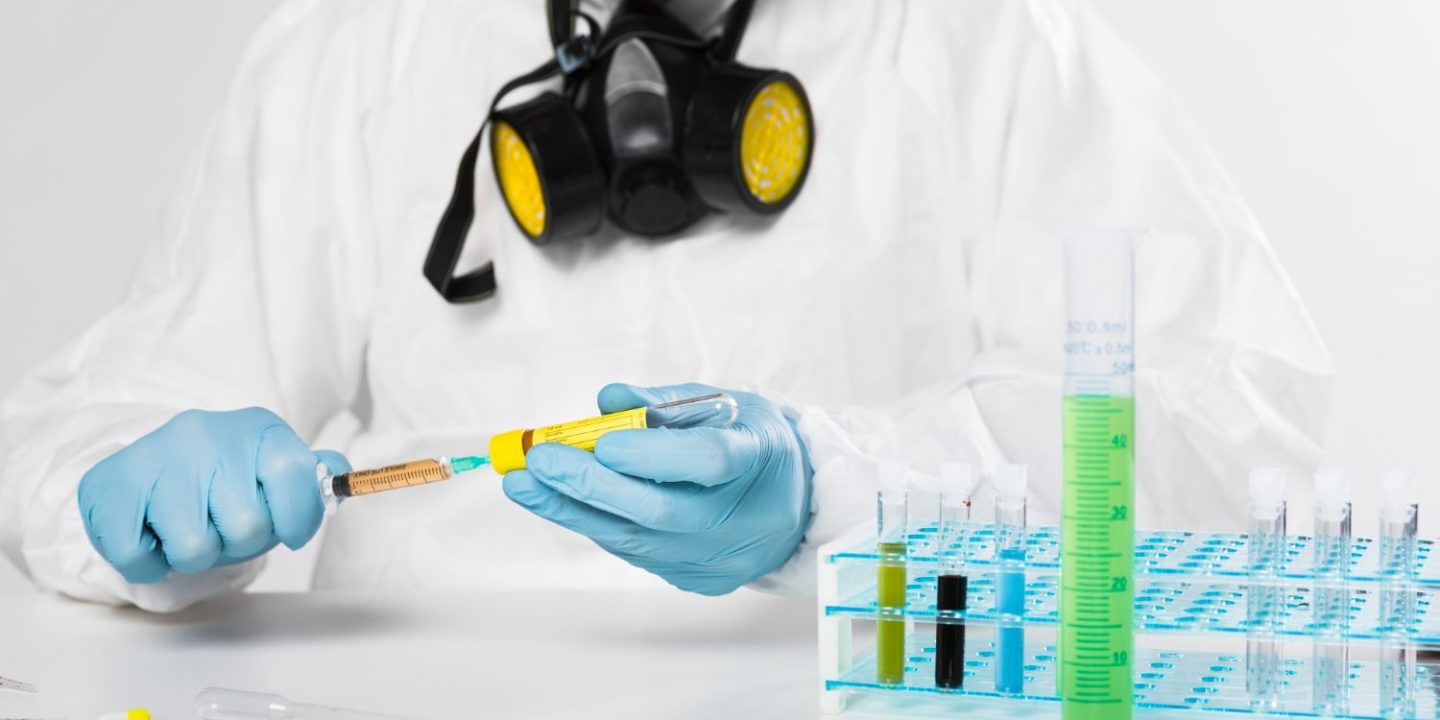
Roche has eliminated five drug candidates developed by its Japanese affiliate, Chugai, from its clinical pipeline, following a similar move made earlier this year by Chugai itself.
Chugai had disclosed the suspension of in-house development for these candidates in its second-quarter earnings report in July. At that time, Roche still listed the same assets in its own pipeline during its quarterly update. In its third-quarter results, however, Roche has now removed all five Chugai candidates.
The decision affects four phase 1 programs in solid tumors and one phase 2 drug for endometriosis. Roche CEO Thomas Schinecker, Ph.D., said during a media call that this step does not indicate any broader shift in Roche’s oncology strategy. Instead, Schinecker described it as part of an ongoing process to ensure drug candidates meet the company’s internal standards before advancing.
The most advanced candidate among those discontinued was AMY109, an anti-IL-8 antibody that Chugai was developing for endometriosis. Chugai’s research had shown IL-8 expression to be highly elevated in endometriotic tissues and correlated with disease progression, prompting the design of a long-acting antibody to neutralize the cytokine. A phase 2 trial for AMY109 began in 2023 before Roche decided to discontinue the program.
Alongside AMY109, Roche removed four Chugai phase 1 solid tumor assets, including paluratide, also known as LUNA18. Chugai CEO Osamu Okuda explained in July that the company had halted work on paluratide due to its narrower therapeutic window compared with rival RAS inhibitors and redirected its focus to another molecule, AUBE00, targeting KRAS.
Another discontinued asset was STA551, designed to address toxicities observed in earlier attempts to target CD137. Bristol Myers Squibb’s CD137 candidate, urelumab, had shown liver toxicity, prompting Chugai to develop STA551 to only bind the receptor in the tumor microenvironment. Tsukasa Kusano, head of Chugai’s project and life cycle management unit, told investors in July that the therapy was confirmed to be tolerable at high doses and showed some level of efficacy.
Roche’s third-quarter update also removed SAIL66, an anti-CLDN6 trispecific antibody that binds to CD3 and CD137. The molecule was developed to stimulate exhausted T cells against CLDN6-expressing tumors. Chugai began a phase 1 trial of SAIL66 in 2023 and plans to release study data in the future.
The final Chugai candidate dropped by Roche was SOF10, an antibody targeting a specific TGF-β isoform prevalent in tumors. The design aimed to reduce the cardiac toxicity and bleeding risks seen with less-selective TGF-β inhibitors. A phase 1 trial for SOF10 was initiated in 2023.
In addition to the Chugai candidates, Roche also discontinued one of its own programs, RG6436, a LepB inhibitor in phase 1 trials for complicated urinary tract infections. The company had prioritized RG6436 last year after ending development of its earlier LepB molecule, RG6319.







